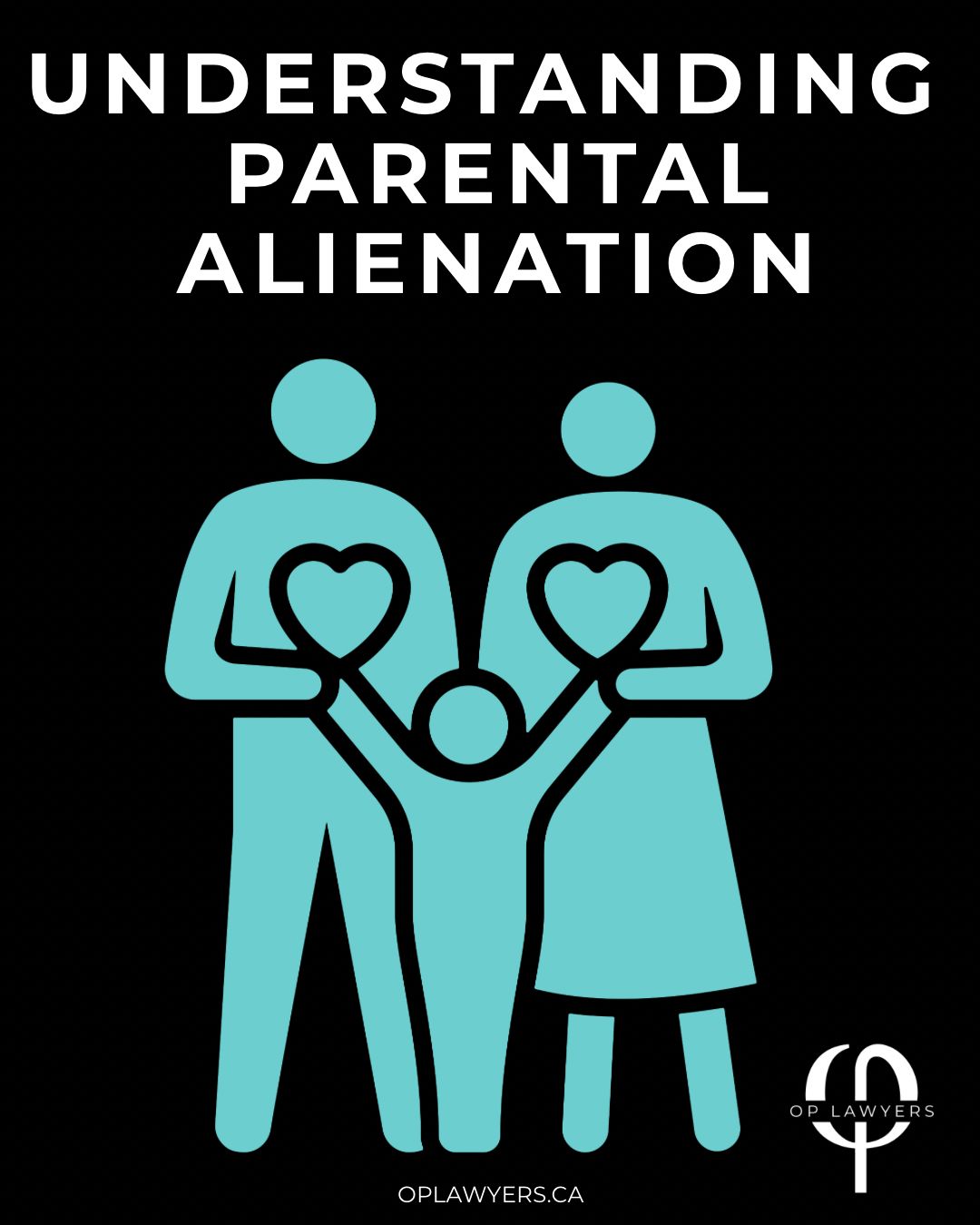What is Parental Alienation?
Parental alienation occurs when one parent intentionally or unintentionally, undermines or damages the child’s relationship with the other parent. This can happen through negative comments, limiting contact, or influencing the child to reject the other parent without legitimate cause. In Alberta family law, courts are increasingly aware of the serious impact alienation can have on both children and the targeted parent.
Why Parental Alienation Matters
The guiding principle in Alberta’s Family Law Act and the Divorce Act is the best interests of the child. Parental alienation is contrary to that principle. Children thrive when they have healthy relationships with both parents, and alienation can create long-term emotional and psychological harm. For the targeted parent, it may feel like a gradual erosion of their role in the child’s life, something courts do not take lightly.
How the Courts Approach It
Alberta courts assess alienation carefully because there is a distinction between:
• Justified estrangement: where a child resists a parent due to genuine safety concerns, abuse, or neglect.
• Parental alienation: where resistance is manufactured or encouraged by the other parent.
Courts often rely on evidence such as psychological assessments, parenting experts, and testimony to determine the root cause of the breakdown. If alienation is proven, remedies may include:
• Modifying parenting arrangements
• Requiring counselling or reunification therapy
• In extreme cases, transferring primary parenting responsibilities
What Parents Can Do
If you suspect alienation, it is important to:
• Keep detailed records of interactions and missed parenting time.
• Avoid retaliatory behaviour. Two wrongs will only worsen the case.
• Seek early legal advice. Swift action may prevent alienation from becoming entrenched.
Conclusion
Parental alienation can be one of the most challenging issues in family law, requiring sensitivity, evidence, and careful advocacy. If you are concerned that alienation may be occurring, it is important to speak with an experienced family lawyer who can guide you through the steps to protect both your rights and your child’s well-being.
Disclaimer: This blog post is intended for informational purposes only and does not constitute legal advice. For advice specific to your circumstances, please consult a qualified family lawyer at OP Lawyers LLP or another legal professional.
